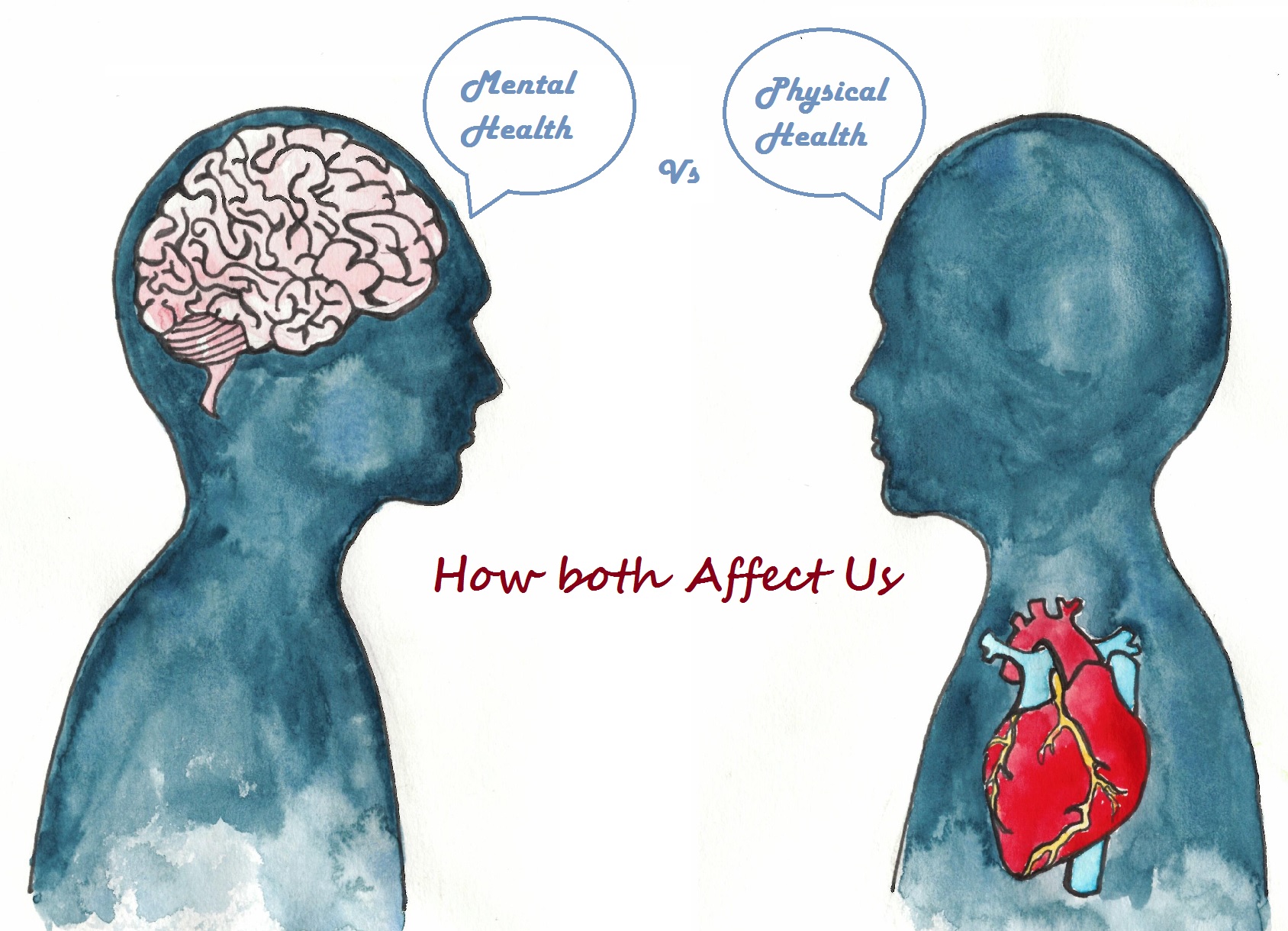Meditation is a practice in which an individual uses a technique – such as mindfulness, or focusing the mind on a particular object, thought, or activity – to train attention and awareness, and achieve a mentally clear and emotionally calm and stable state.
Meditation is practiced in numerous religious traditions. The earliest records of meditation (dhyana) are found in the Upanishads, and meditation plays a salient role in the contemplative repertoire of Hinduism, Jainism and Buddhism.Since the 19th century, Asian meditative techniques have spread to other cultures where they have also found application in non-spiritual contexts, such as business and health.
Meditation may significantly reduce stress, anxiety, depression, and pain, and enhance peace, perception, self-concept, and well-being. Research is ongoing to better understand the effects of meditation on health (psychological, neurological, and cardiovascular) and other areas.
1. Reduces stress
Stress reduction is one of the most common reasons people try meditation. One review concluded that meditation lives up to its reputation for stress reduction. Normally, mental and physical stress cause increased levels of the stress hormone cortisol. This produces many of the harmful effects of stress, such as the release of inflammatory chemicals called cytokines. These effects can disrupt sleep, promote depression and anxiety, increase blood pressure, and contribute to fatigue and cloudy thinking. In an 8-week study, a meditation style called “mindfulness meditation” reduced the inflammation response caused by stress.
2. Controls anxiety
Meditation can reduce stress levels, which translates to less anxiety. A meta-analysis including nearly 1,300 adults found that meditation may decrease anxiety. Notably, this effect was strongest in those with the highest levels of anxiety (6Trusted Source). Also, one study found that 8 weeks of mindfulness meditation helped reduce anxiety symptoms in people with generalized anxiety disorder, along with increasing positive self-statements and improving stress reactivity and coping.
3. Promotes emotional health
Some forms of meditation can lead to improved self-image and a more positive outlook on life. For example, one review of treatments given to more than 3,500 adults found that mindfulness meditation improved symptoms of depression (12Trusted Source). Similarly, a review of 18 studies showed that people receiving meditation therapies experienced reduced symptoms of depression, compared with those in a control group (13Trusted Source).
4. Enhances self-awareness
Some forms of meditation may help you develop a stronger understanding of yourself, helping you grow into your best self. For example, self-inquiry meditation explicitly aims to help you develop a greater understanding of yourself and how you relate to those around you. Other forms teach you to recognize thoughts that may be harmful or self-defeating. The idea is that as you gain greater awareness of your thought habits, you can steer them toward more constructive patterns.
5. Lengthens attention span
Focused-attention meditation is like weight lifting for your attention span. It helps increase the strength and endurance of your attention.
For example, one study found that people who listened to a meditation tape experienced improved attention and accuracy while completing a task, compared with those in a control group.
A similar study showed that people who regularly practiced meditation performed better on a visual task and had a greater attention span than those without any meditation experience.
6. May reduce age-related memory loss
Improvements in attention and clarity of thinking may help keep your mind young. Kirtan Kriya is a method of meditation that combines a mantra or chant with repetitive motion of the fingers to focus your thoughts. Studies in people with age-related memory loss have shown it improves performance on neuropsychological tests . Furthermore, a review found preliminary evidence that multiple meditation styles can increase attention, memory, and mental quickness in older volunteers.







Leave a comment
Your email address will not be published. Required fields are marked *